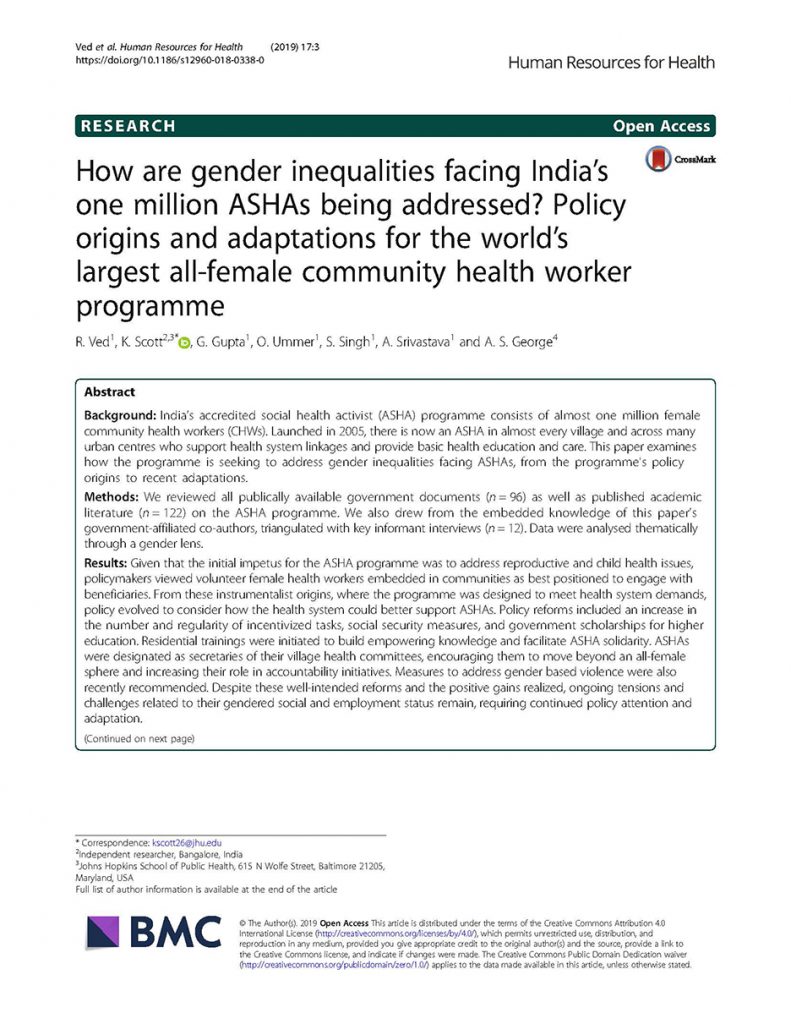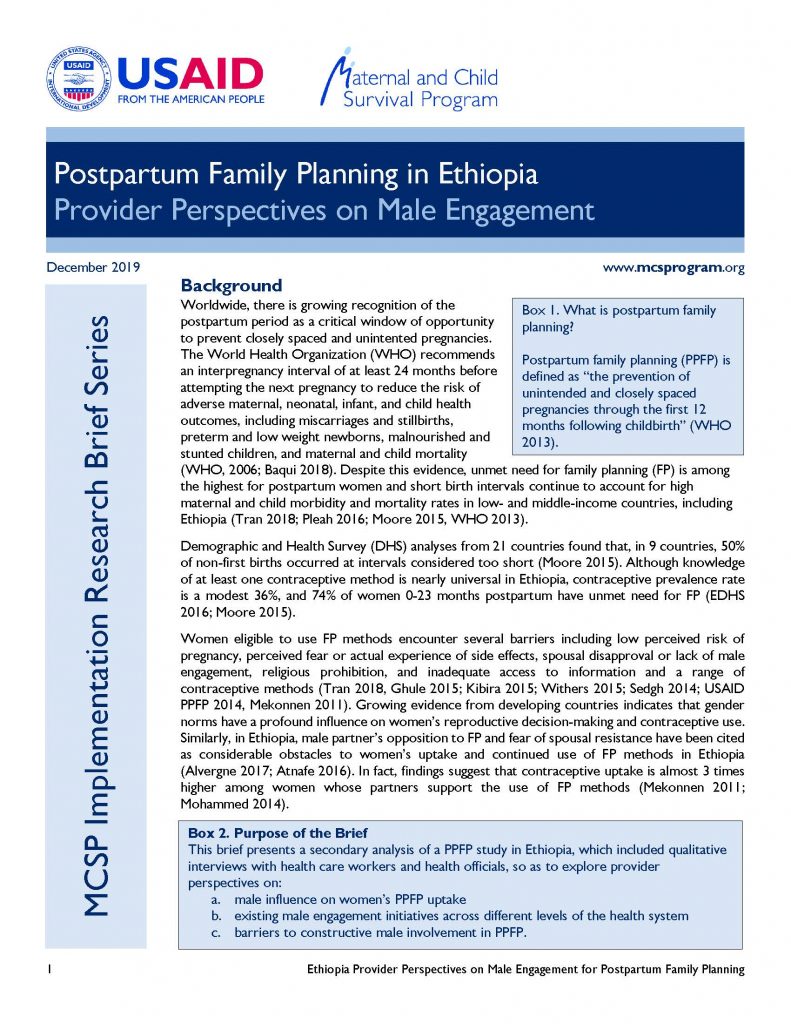
This implementation research brief presents a secondary analysis of a postpartum family planning (PPFP) study in Ethiopia, which included qualitative interviews with health care workers and health officials so as to explore provider perspectives on: Male influence on women’s PPFP uptake; Existing male engagement initiatives across different levels of the health system; and Barriers to […]
Read More…
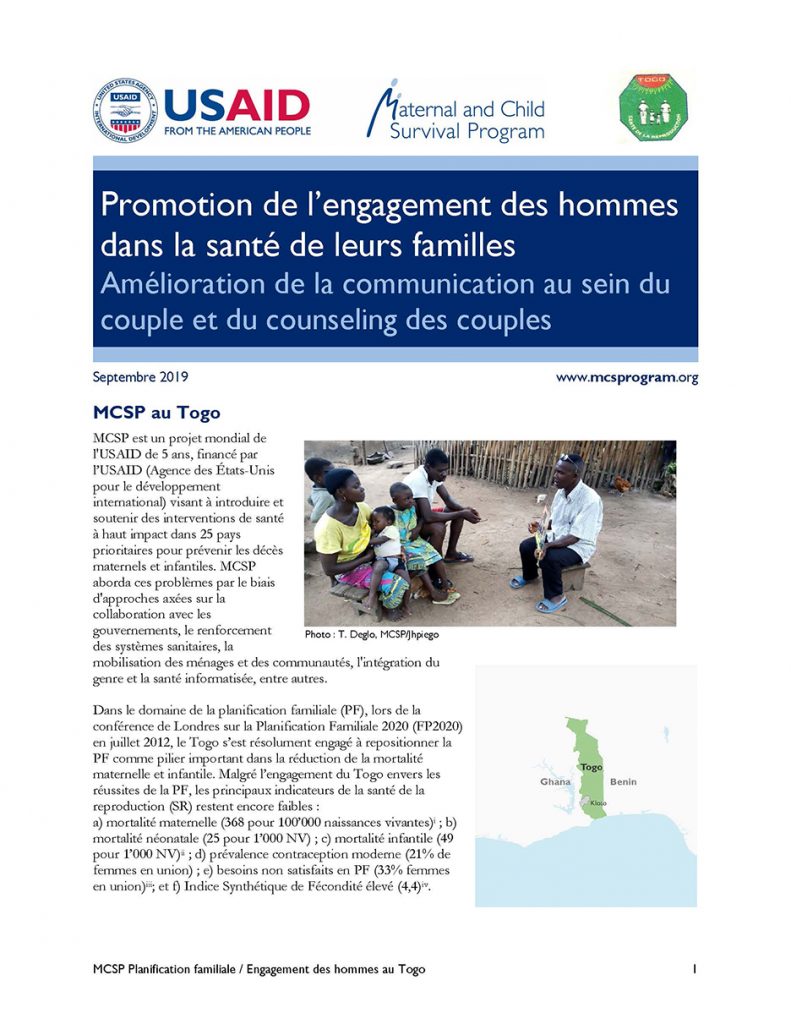
French: Au Togo, dans toutes les cultures, l’homme joue un rôle prédominant dans la prise de décisions concernant tous les aspects de la vie de leur famille. Une évaluation rapide formative de MCSP sur l’implication des hommes en SR/PF, réalisée en 2016, a révélé et confirmé une participation limitée à la santé de leur famille […]
Read More…
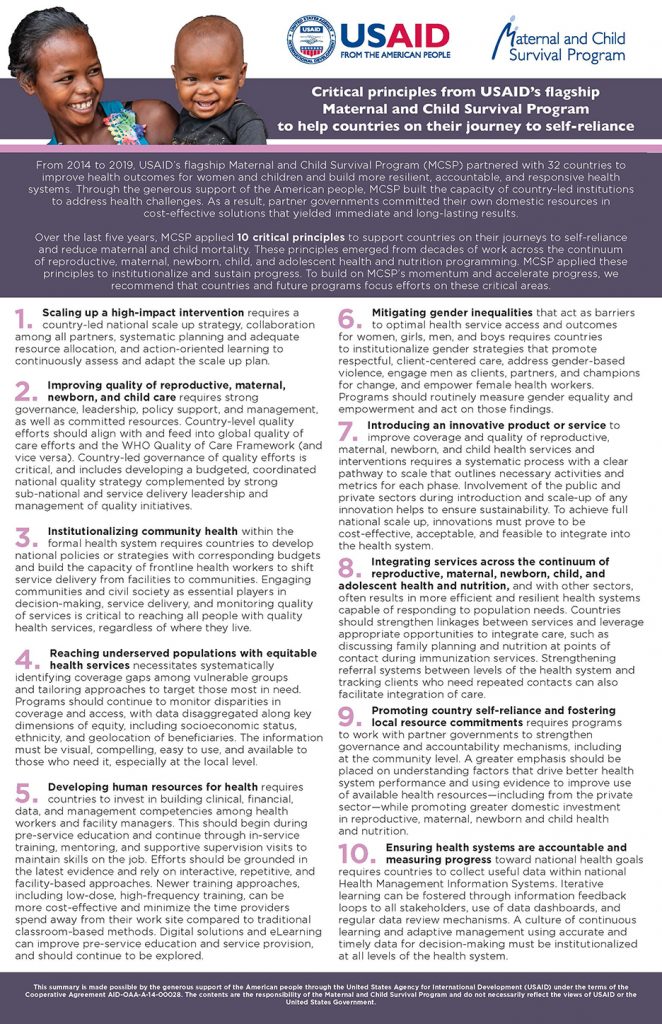
From 2014 to 2019, USAID’s flagship Maternal and Child Survival Program (MCSP) partnered with 32 countries to improve health outcomes for women and children and build more resilient, accountable, and responsive health systems. Through the generous support of the American people, MCSP built the capacity of country-led institutions to address health challenges. As a result, […]
Read More…
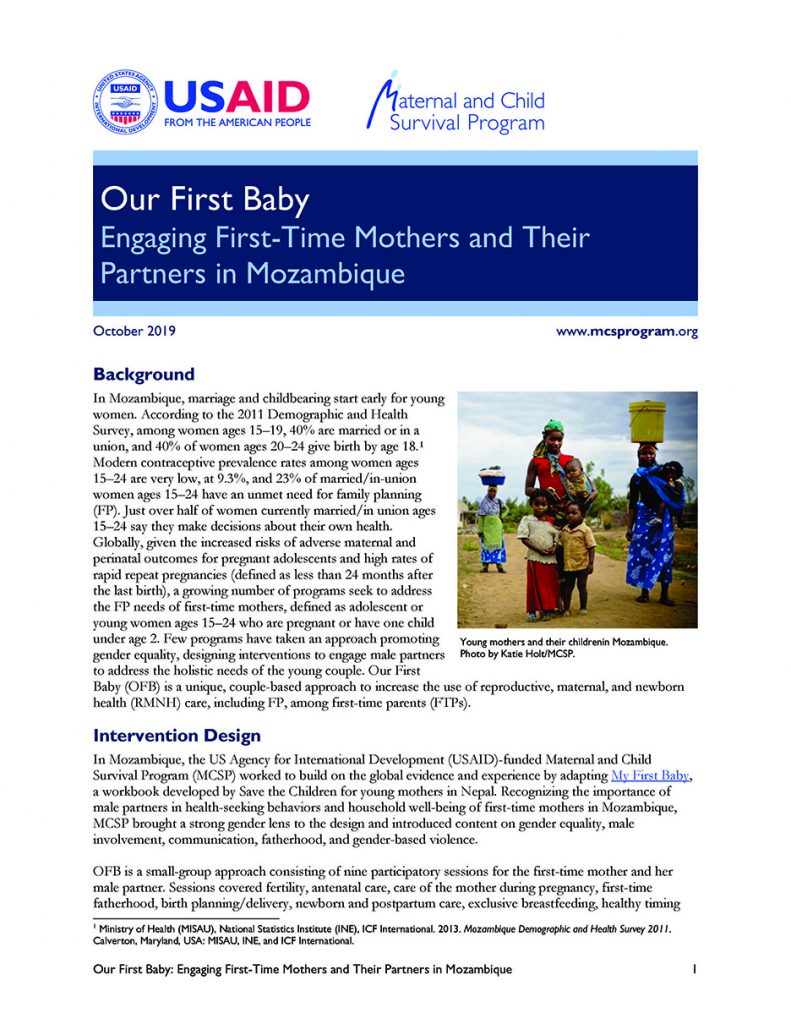
In Mozambique, MCSP worked to build on the global evidence and experience by adapting My First Baby, a workbook for young mothers in Nepal. Recognizing the importance of male partners in health-seeking behaviors and household well-being of first-time mothers in Mozambique, MCSP brought a strong gender lens to the design and introduced content on gender […]
Read More…
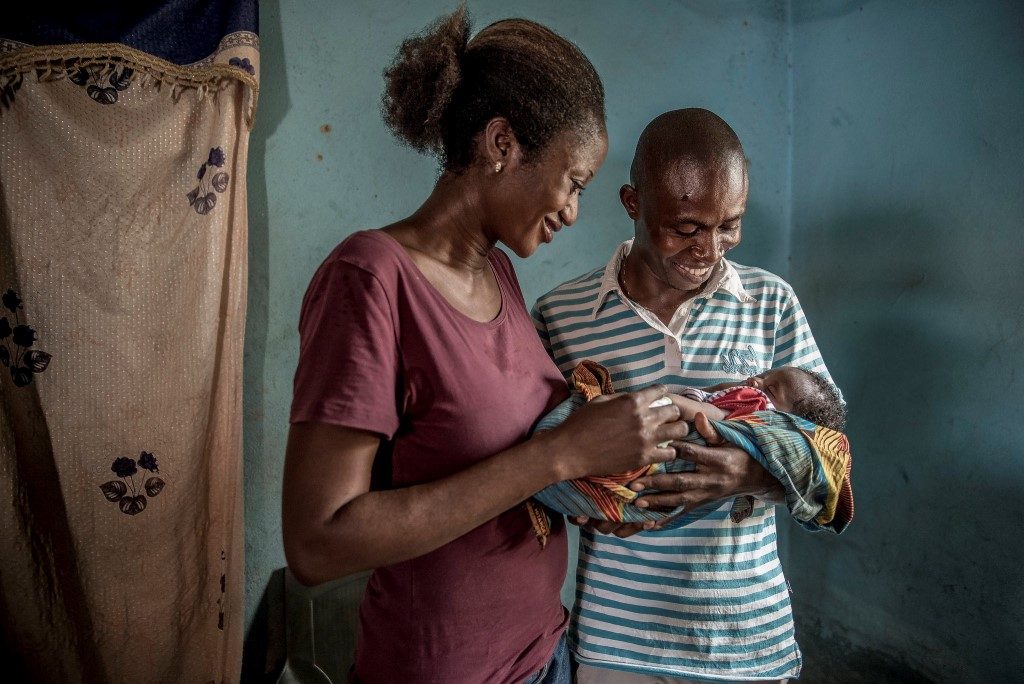
Learn more about MCSP’s gender work — and download key resources. […]
Read More…
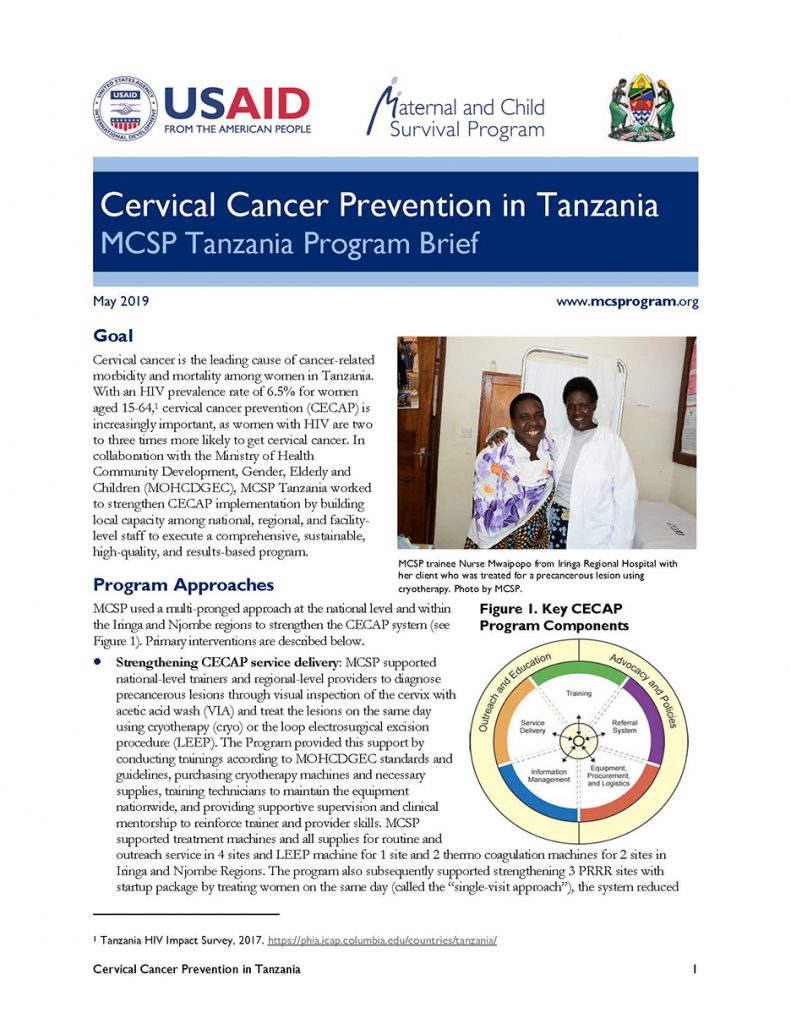
In collaboration with the Ministry of Health Community Development, Gender, Elderly and Children (MOHCDGEC), MCSP Tanzania worked to strengthen cervical cancer prevention implementation by building local capacity among national, regional, and facility-level staff to execute a comprehensive, sustainable, high-quality, and results-based program. […]
Read More…
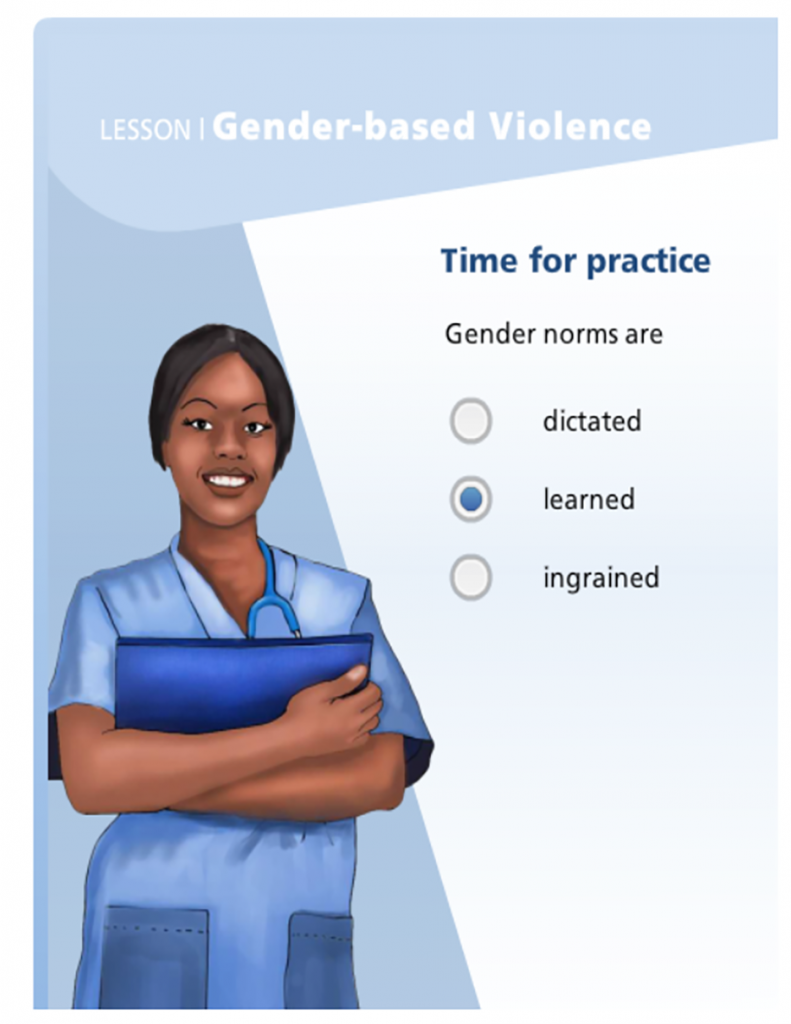
In Madagascar, MCSP adapted and translated an e-learning module for the antenatal care setting, which it originally developed in partnership with Ghana’s Ministry of Health and validated by the Nursing and Midwifery Council of Ghana for use in the pre-service setting with community nurses and midwives. The learning objectives of the module include: Define gender, […]
Read More…

The Government of Ghana requested MCSP’s assistance in developing an e-learning module for pre-service education in midwifery and nursing. It was developed in partnership with Ghana’s Ministry of Health and validated by the Nursing and Midwifery Council of Ghana. The learning objectives of the module include: Define gender, sex, violence, and gender-based violence (GBV) Explain […]
Read More…
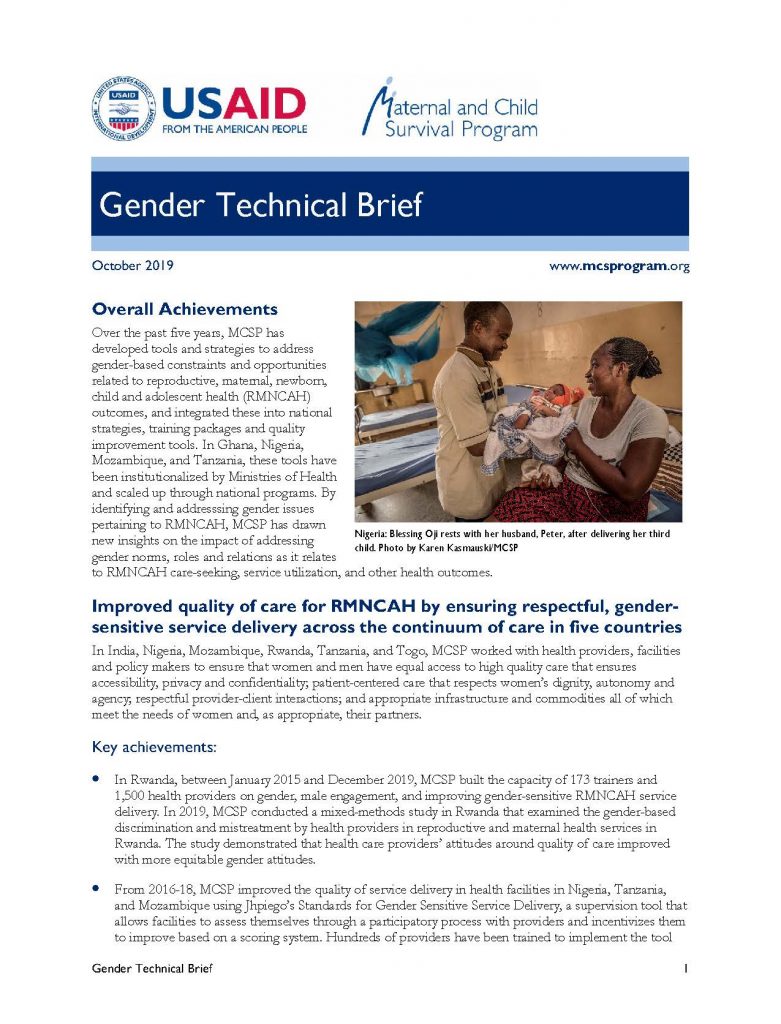
MCSP developed tools and strategies to address gender-based constraints and opportunities related to reproductive, maternal, newborn, child and adolescent health (RMNCAH) outcomes and integrated these into national strategies, training packages, and quality improvement tools. In Ghana, Nigeria, Mozambique and Tanzania, these tools have been institutionalized by ministries of health and scaled up through national programs. […]
Read More…







